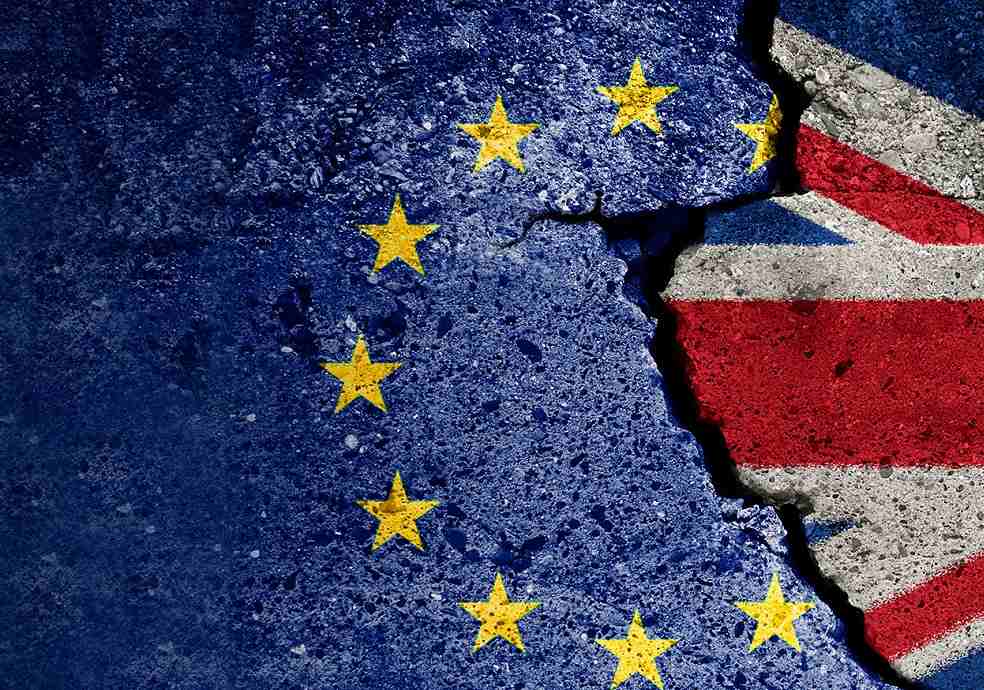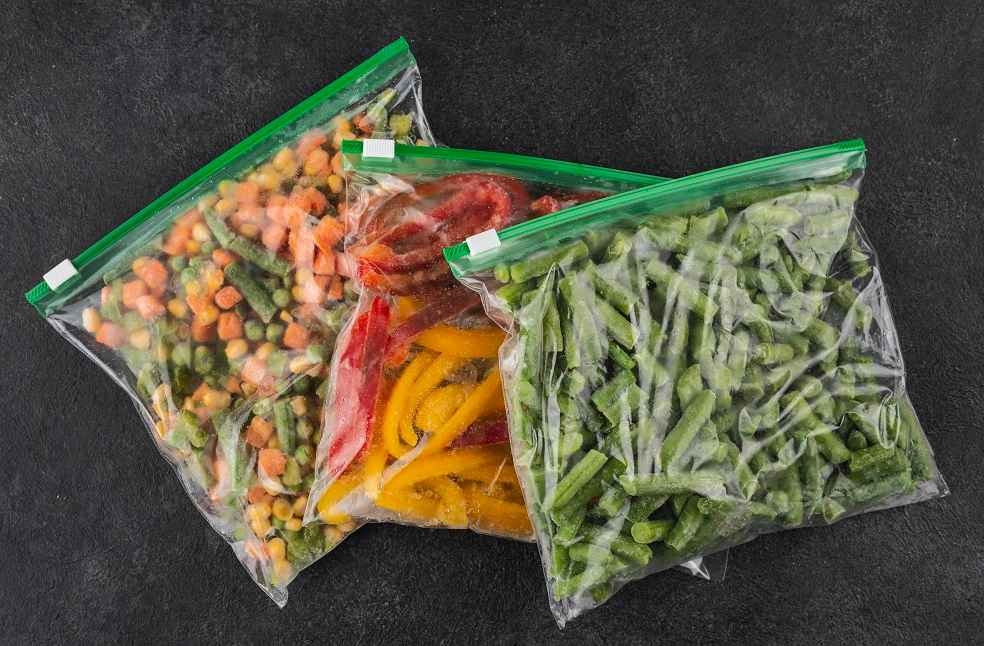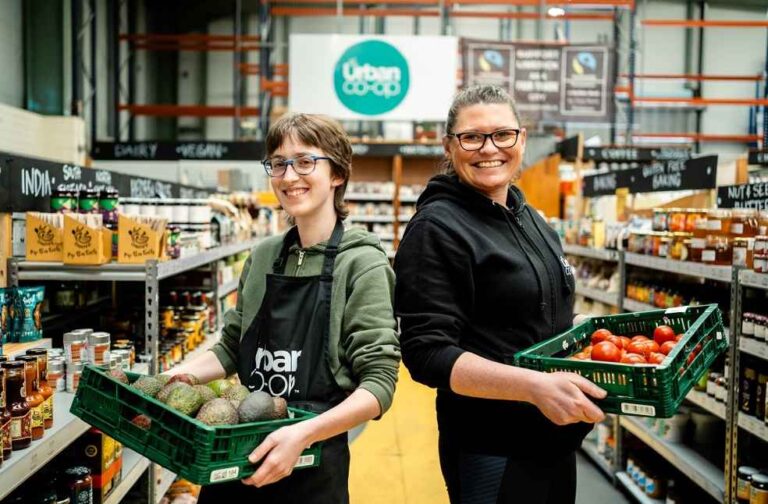British food exports to the European Union have fallen by nearly £3 billion annually since Brexit, according to a report from the Centre of Inclusive Trade Policy (CITP). The decline, attributed to new border checks and regulatory requirements, reflects a 16% average drop in UK food and agricultural exports to the EU over the three years following the UK’s exit from the single market compared to the three years prior.
The CITP report highlights how Brexit-related changes have compounded challenges posed by global events, including the Covid-19 pandemic and the Ukraine conflict. However, it notes that trade flows, particularly British exports to the EU, have not returned to pre-Brexit levels, indicating deeper systemic issues.
Since leaving the single market on 1 January 2021, the UK has been classified as a ‘third country’ by the EU, triggering stringent border checks for agri-food products. These include health certificates and physical inspections aimed at ensuring compliance with EU standards.
In January 2024, the UK implemented reciprocal measures to limit the import of plant and animal diseases. While these steps were deemed necessary, the CITP report describes the associated regulatory requirements as a ‘major obstacle’ for growth, creating significant additional costs for exporters.

The Guardian previously reported that British exporters of meat and dairy products have spent over £205 million on export health certificates alone since Brexit.
Campaigners and industry groups have called on Labour leader Keir Starmer to fulfill his party’s election manifesto promise of securing a veterinary agreement with the EU. Known as a Sanitary and Phytosanitary (SPS) agreement, such a deal would aim to streamline trade by harmonising regulations, reducing border checks, and lowering costs.
Despite the Labour government’s commitment to closer alignment with the EU, progress on an SPS agreement remains stalled. Experts caution that negotiations could take years, especially given the regulatory divergence between the UK and EU since Brexit.
The EU has tightened standards in areas such as pesticides, veterinary drugs, and packaging rules, while the UK has implemented stricter animal welfare regulations. These differences have exacerbated trade barriers, according to the CITP report.

Emma Knaggs, deputy chief executive of European Movement UK, emphasised the urgency of negotiating an SPS agreement. “Brexit has increased costs, spawned previously undreamt-of bureaucracy, and seriously damaged trade,” she said, advocating for measures to reduce post-Brexit red tape and facilitate smoother trade across the Channel.
A government spokesperson acknowledged the potential benefits of a veterinary agreement, stating: “We have been clear that a veterinary or SPS agreement could boost trade and deliver significant benefits on both sides. Final arrangements are subject to negotiations but the UK and EU have similarly high standards.”
The CITP report suggests that achieving free movement of goods will require harmonising regulatory standards and addressing Brexit-era ‘red lines.’ Both the UK and EU must reconcile their respective legislative strategies to enable a more ambitious and effective trade agreement.
TRADE TECH | China Opposes US Chip Export Curbs, Cites Economic Coercion



